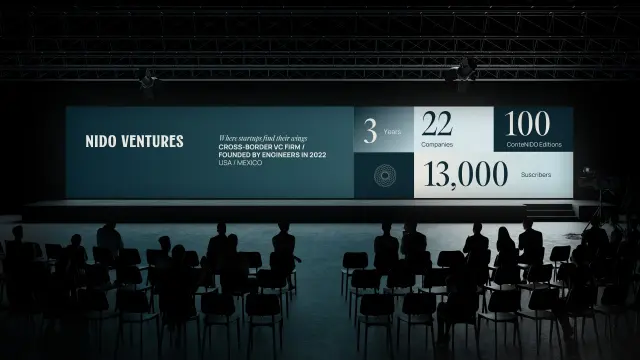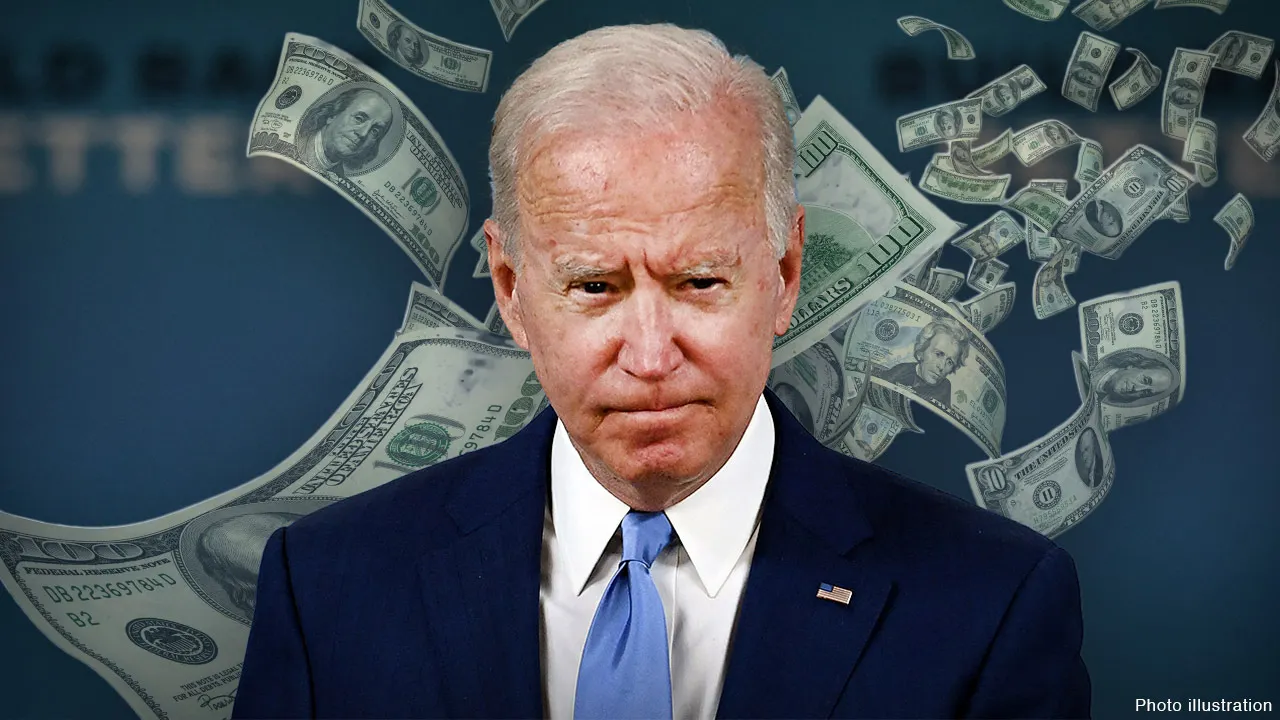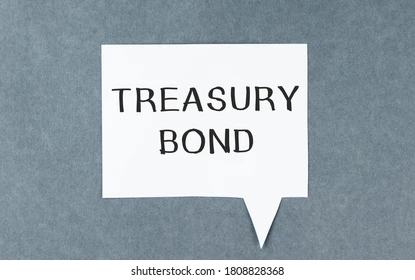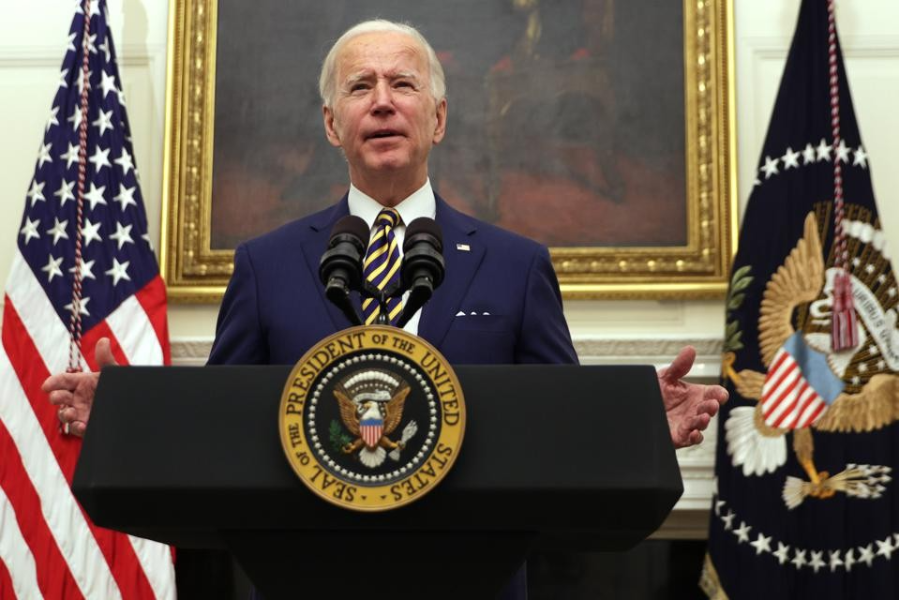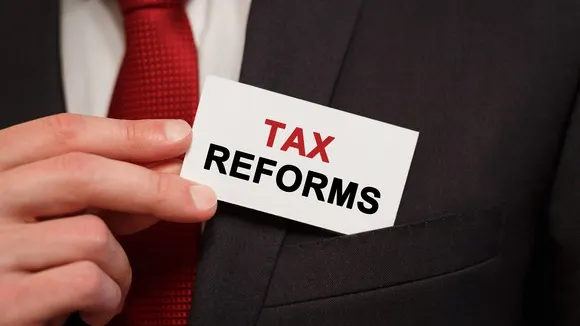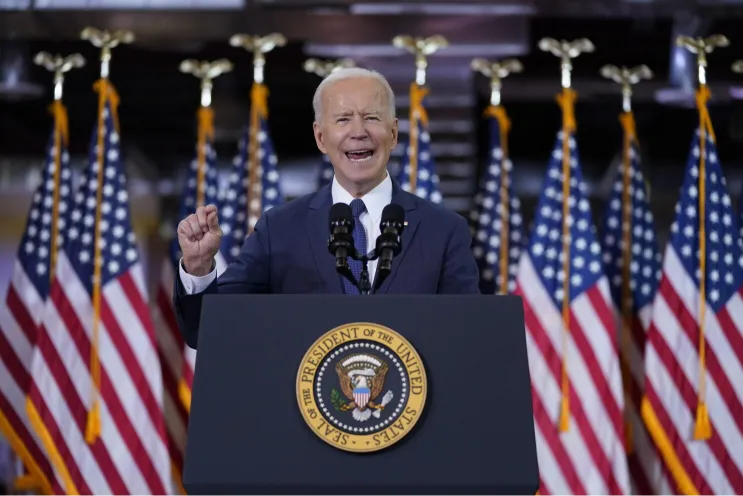Struggling to manage your money? Discover the best budgeting strategies for 2025, from zero-based budgeting to the 50/30/20 rule, and take control of your financial future
Master your money with the best budgeting strategies for 2025. Learn how to track expenses, save more, and achieve financial freedom.
Introduction: Why Budgeting is Essential in 2025
In a world of rising costs and economic uncertainty, having a solid budget is the key to financial stability. Whether you're saving for a home, paying off debt, or planning for retirement, the right budgeting method can help you manage money wisely.
The 50/30/20 Rule – A Simple Approach to Budgeting
This popular method divides income into three categories:
- 50% for Needs – Rent, utilities, groceries, insurance.
- 30% for Wants – Entertainment, dining out, shopping.
- 20% for Savings & Debt Repayment – Emergency fund, retirement, loan payments.
This easy-to-follow rule ensures you save while enjoying life.
Zero-Based Budgeting – Every Dollar Has a Purpose
Zero-based budgeting means allocating every dollar of income to a specific expense, savings, or investment, leaving nothing unaccounted for. It forces you to be intentional with spending and helps eliminate wasteful expenses.
Envelope System – A Cash-Based Budgeting Method
Withdraw cash for different spending categories (groceries, dining, entertainment) and place them in envelopes. Once an envelope is empty, no more spending in that category. This method prevents overspending and promotes discipline.
Pay Yourself First – Prioritizing Savings
Before paying bills or other expenses, transfer a set percentage of income to savings. Automating this process ensures consistent saving and long-term financial security.
Expense Tracking – Know Where Your Money Goes
Use budgeting apps like
Mint, YNAB (You Need A Budget), or Personal Capital to track spending and identify areas to cut costs. Regularly reviewing transactions helps spot unnecessary expenses.
Cutting Unnecessary Expenses – Smart Ways to Save
- Cancel unused subscriptions.
- Cook at home instead of dining out.
- Switch to a lower-cost phone or internet plan.
- Buy generic brands instead of name brands.
Small changes can result in big savings over time.
Sinking Funds – Planning for Future Expenses
Instead of being caught off guard by annual expenses like car repairs, vacations, or holiday shopping, create sinking funds. Set aside a small amount each month for expected future costs.
The 30-Day Rule – Control Impulse Spending
For any non-essential purchase, wait 30 days before buying. This reduces impulse purchases and helps prioritize spending on things that truly matter.
Emergency Fund – The Safety Net You Need
Build an emergency fund covering
3-6 months of expenses to handle unexpected costs like medical bills, car repairs, or job loss. Keep it in a high-yield savings account for easy access.
Debt Snowball vs. Debt Avalanche – Paying Off Debt Faster
- Debt Snowball – Pay off smallest debts first to gain momentum.
- Debt Avalanche – Pay off debts with the highest interest rate first to save more on interest.
Choose a method that keeps you motivated to become debt-free.
Side Hustles – Boost Your Income & Budget Better
Consider
freelancing, online selling, tutoring, or part-time gigs to increase income and make budgeting easier. More income means more room for savings and financial goals.
Budgeting with a Partner – Achieve Goals Together
For couples,
open communication about money is crucial. Create a shared budget, discuss financial goals, and track progress together to avoid money conflicts.
Reviewing & Adjusting Your Budget Monthly
Budgets aren’t static. Review them
monthly to make necessary adjustments based on changes in income, expenses, or financial goals.
Final Thoughts – A Budget is a Roadmap to Financial Freedom
A well-planned budget helps you stay in control of your finances, avoid debt, and build wealth over time. Start with one budgeting method and adjust as needed for long-term success.






